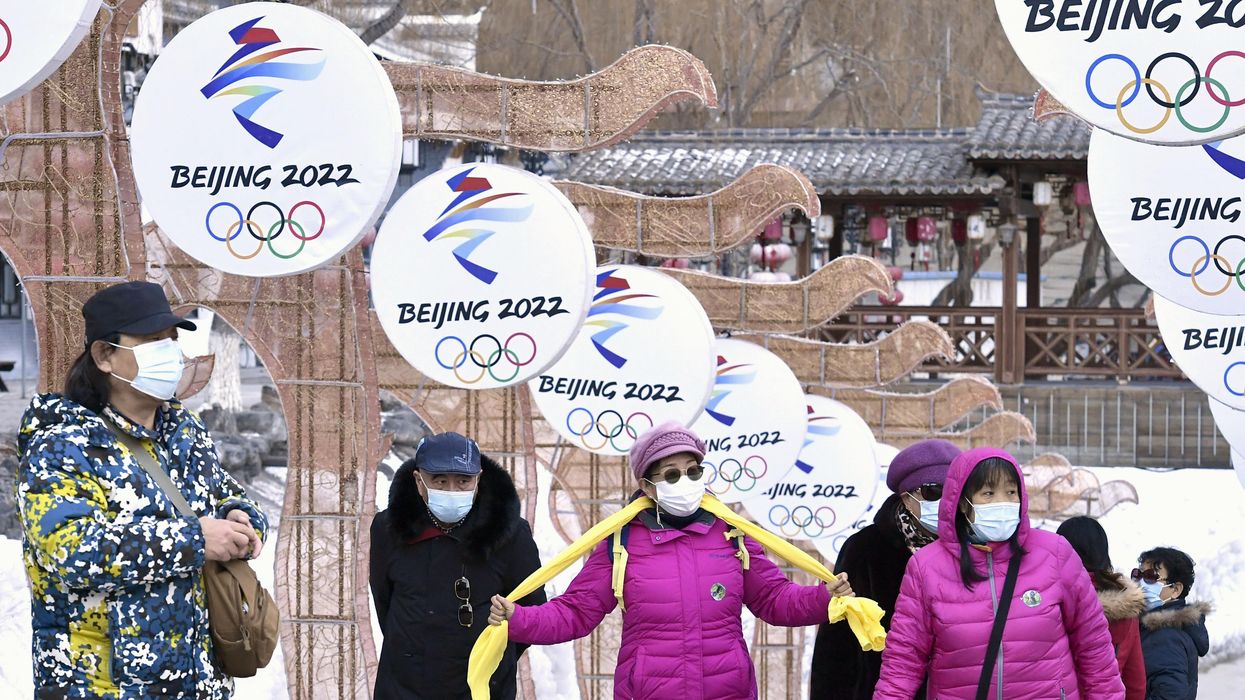Viewpoint
Will the US and other Western countries really boycott the Beijing Olympics?
The Beijing 2022 Winter Olympics are nearly a year away, but discussion of a potential boycott over human rights is already stoking US-China tensions. Would the US and its allies walk out on the games like America pulled out of Moscow 1980, and how might China respond? Eurasia Group analysts Neil Thomas and Allison Sherlock explain the drivers of the boycott movement, and its possible fallout.
Apr 09, 2021

